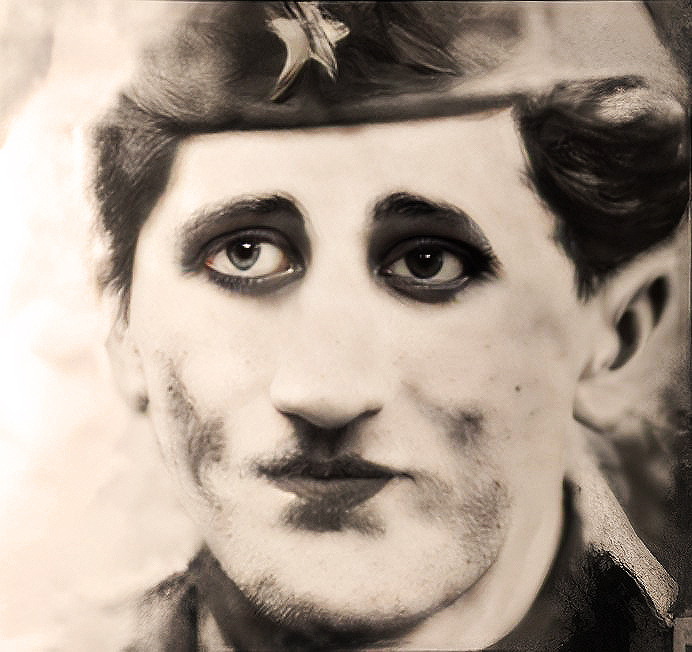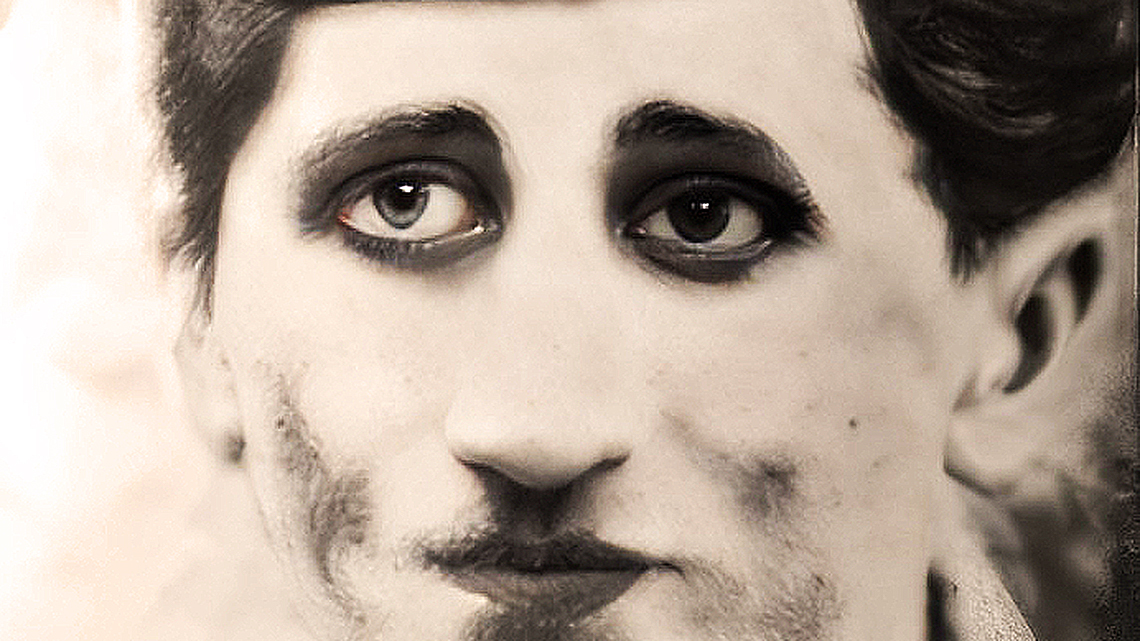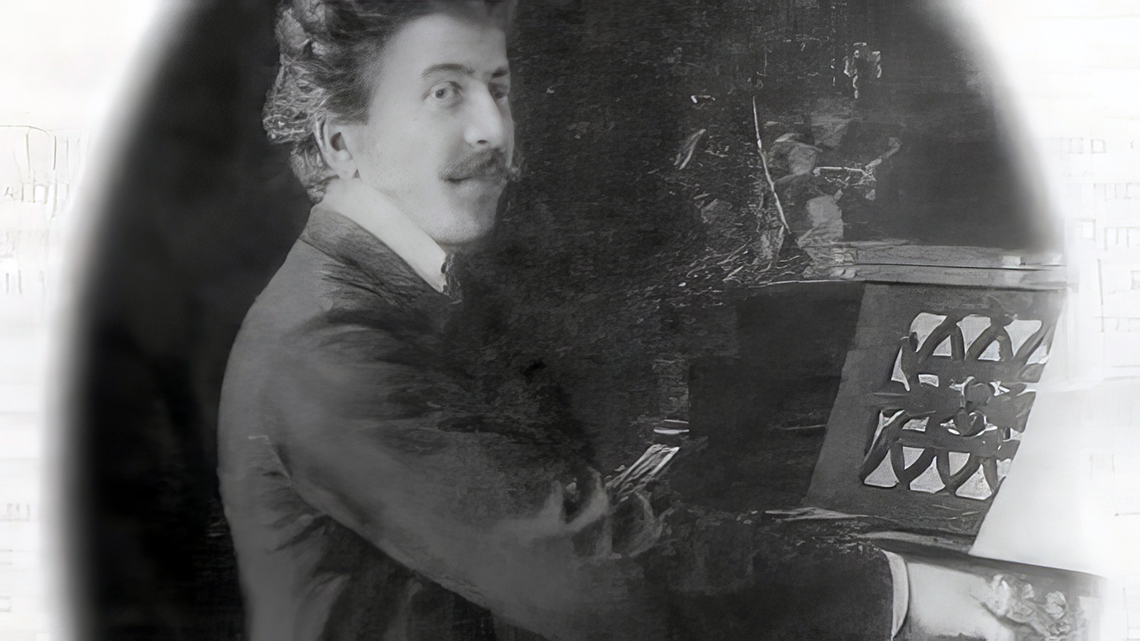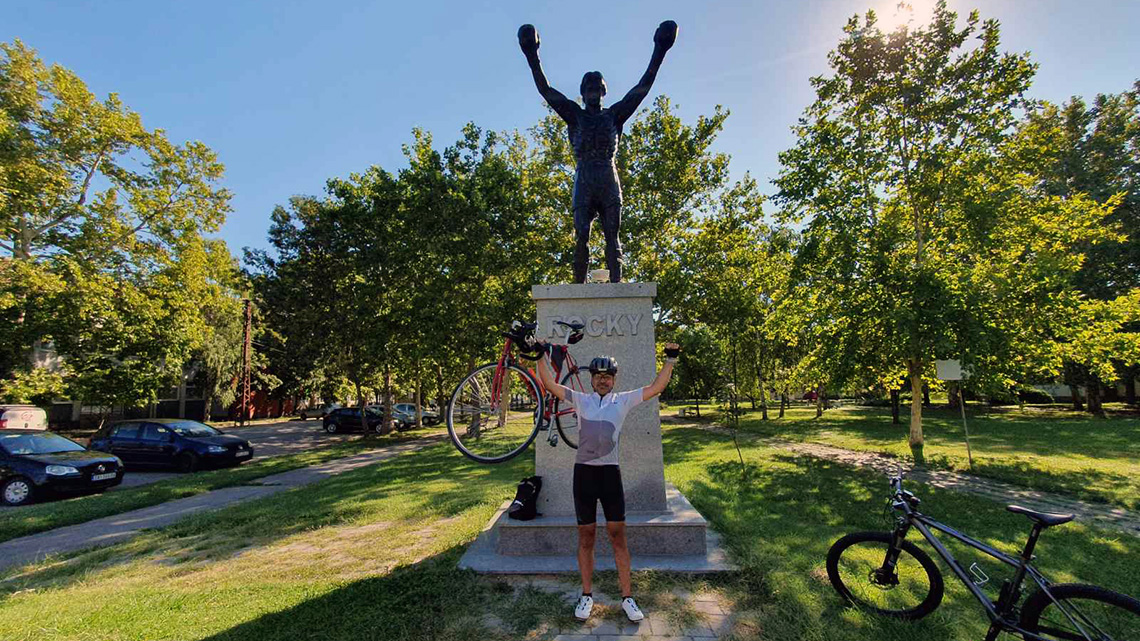Nedeljko Barnić Žarki is one of the most prominent figures in the final period of the war in Banat. Through his actions and sacrifice, he made the final step towards freedom. He was born on September 13, 1922, in Melenci. He enlisted in the army during the April War, contributing the weapons and materials he gathered to the People's Liberation Movement.
 In August 1941, he was arrested for the first time and held as a hostage. Upon his release, he joined the Melenci Partisan Detachment and engaged in combat. He was wounded at the end of the year while attempting to break through to Serbia, but he quickly recovered from his injuries. During the summer of 1943, he fought alongside the fighters of the North Banat Partisan Detachment and in September of that year, he moved to Srem with them. There, Žarki was trained as a saboteur and participated in many actions.
In August 1941, he was arrested for the first time and held as a hostage. Upon his release, he joined the Melenci Partisan Detachment and engaged in combat. He was wounded at the end of the year while attempting to break through to Serbia, but he quickly recovered from his injuries. During the summer of 1943, he fought alongside the fighters of the North Banat Partisan Detachment and in September of that year, he moved to Srem with them. There, Žarki was trained as a saboteur and participated in many actions.
In early April 1944, he organized a new sabotage squad within the North Banat Partisan Detachment. While dismantling mines, he lost his hand, but he quickly returned to the squad, dedicating himself this time to intelligence work. He was captured near Melenci on September 3, 1944, and endured ten days of torture in the Petrovgrad prison. Juraj Špiler particularly despised him because he showed no fear towards him, nor any respect towards the occupiers. Žarki was executed on September 13, his twenty-second birthday, at Špiler's personal request, by being buried alive.






